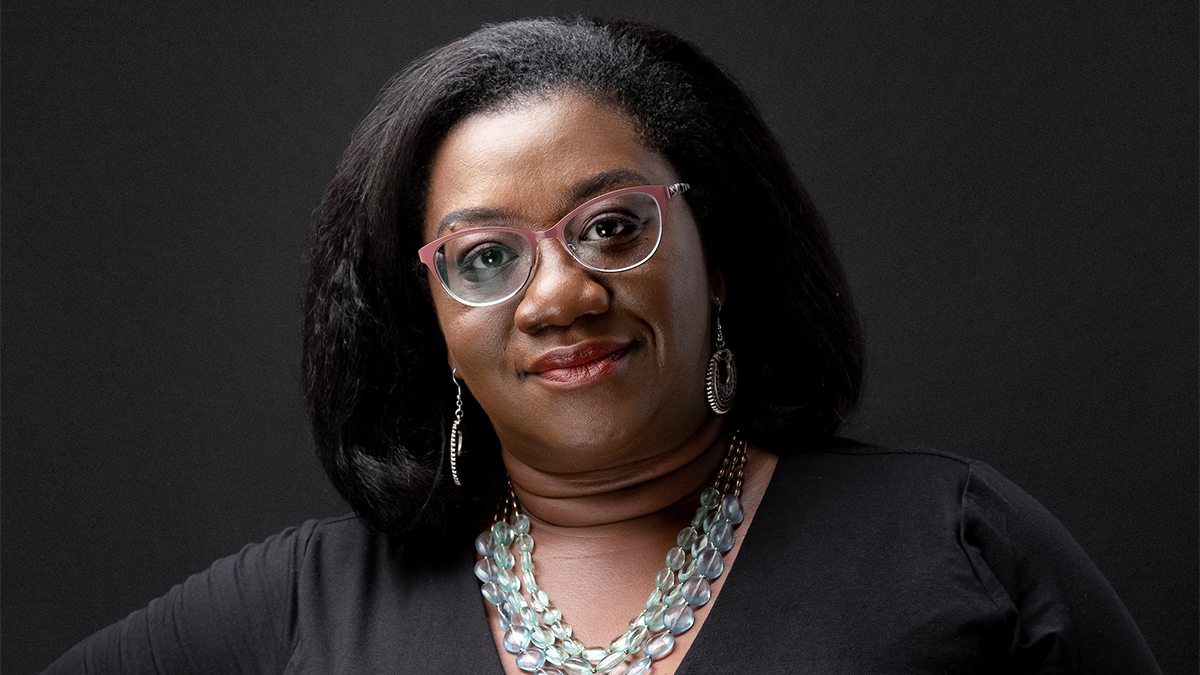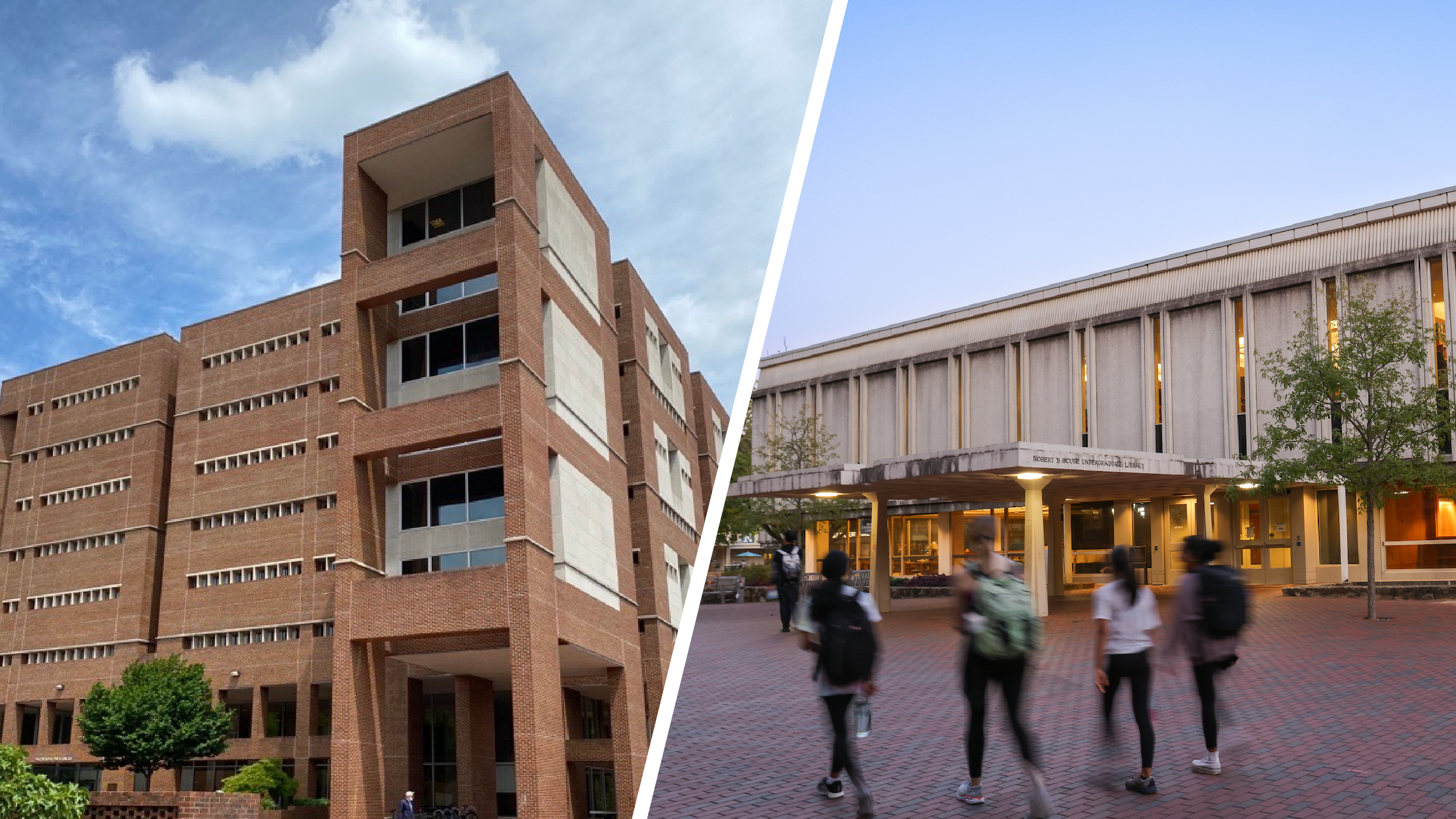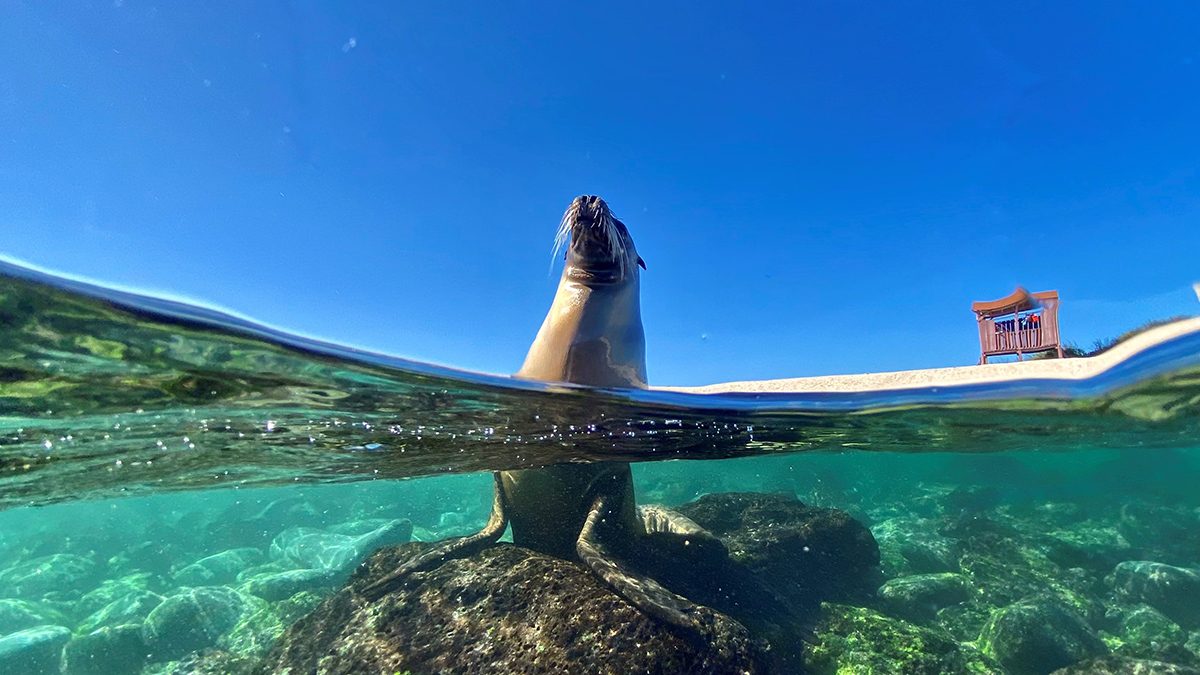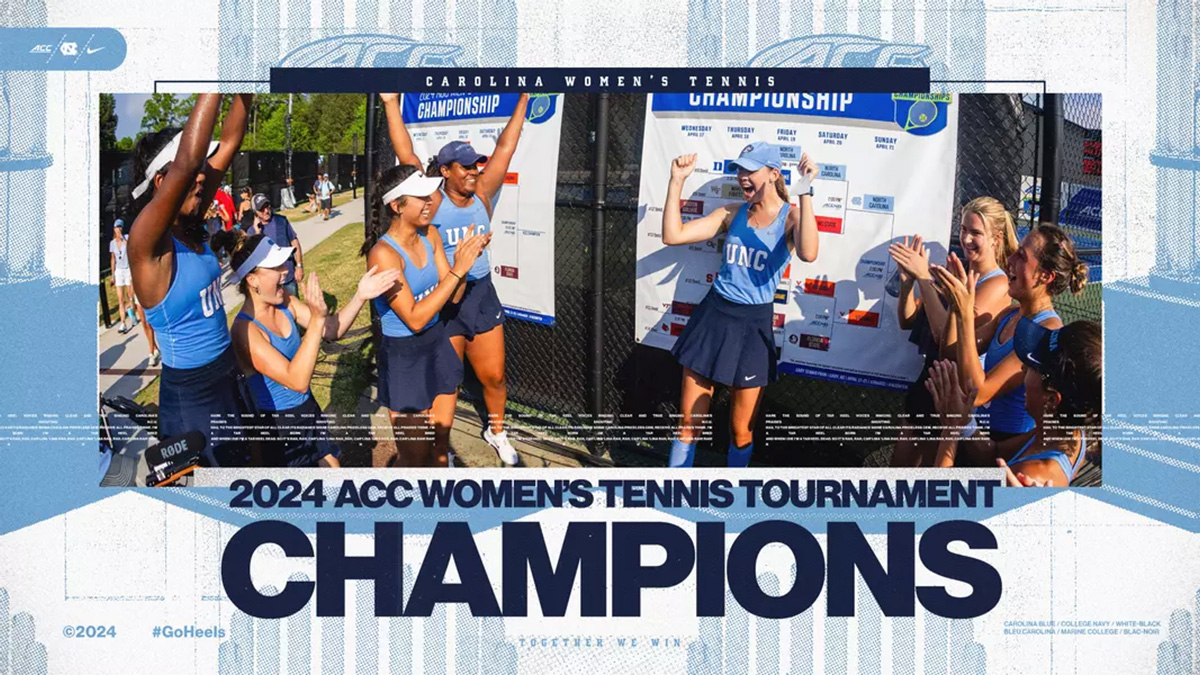Carolina’s McMillan Cottom awarded “genius grant”
Tressie McMillan Cottom, associate professor in the UNC School of Information and Library Science, was recognized by the MacArthur Foundation for “shaping discourse on highly topical issues at the confluence of race, gender, education and digital technology.”

Sociologist, author and public scholar Tressie McMillan Cottom was named a 2020 MacArthur Fellow Tuesday.
McMillan Cottom, who joined the UNC School of Information and Library Science this past summer, is also a senior faculty researcher in the Center for Information, Technology and Public Life. Her most recent book, “THICK: and Other Essays,” centers on Black women’s intellectual tradition and was shortlisted for the 2019 National Book Award in nonfiction.
Informally known as the “genius grant,” the MacArthur Fellowship is a $625,000, no-strings-attached prize presented to “extraordinarily talented and creative individuals as an investment in their potential,” according to the foundation’s website.
As one of 21 fellows named for 2020, McMillan Cottom joins Carolina Chancellor Kevin M. Guskiewicz, who was named a fellow in 2011 for his sports medicine research.
“I want to say congratulations to fellow MacArthur grant winner Tressie McMillan Cottom,” said Guskiewicz. “Her work to shed light on inequality and reimagine how our society functions is incredible, and we are honored to have her at Carolina.”
Through her scholarship and writing and her ability to reach broad audiences, McMillan Cottom is helping make sense of events, including social upheaval, happening right this very moment. As she told The Well earlier this semester, she thinks about how digital technologies have transformed the public good and social institutions, especially as they relate to race, class and gender inequality.
“Right now, I’m studying how African American women piece together economic security through their activity on social media platforms like Instagram,” she said. “Part of my work is to connect the dots between things people might consider disparate or not relevant to their daily lives. Connecting those dots in academic discourse and public life brings me a great deal of personal and professional satisfaction.”
The MacArthur Foundation lists three criteria in its selection of Fellows:
- exceptional creativity,
- promise for important future advances based on a track record of significant accomplishments and
- potential for the Fellowship to facilitate subsequent creative work.
“In the midst of civil unrest, a global pandemic, natural disasters and conflagrations, this group of 21 exceptionally creative individuals offers a moment for celebration,” MacArthur Fellows Managing Director Cecilia Conrad said. “They are asking critical questions, developing innovative technologies and public policies, enriching our understanding of the human condition, and producing works of art that provoke and inspire us.”
With hundreds of thousands of readers amassed over years of writing and publishing, McMillan Cottom’s columns have appeared in The Atlantic, The New York Times, The Washington Post and Dissent Magazine. She has appeared on Amanpour & Co., MSNBC, The Daily Show and National Public Radio, and testified before U.S. Senate subcommittees on student loan debt.
She is an influential voice on Twitter and co-host of Hear to Slay, a Black feminist podcast with writer Roxane Gay.
McMillan Cottom holds a bachelor of arts from North Carolina Central University and a doctorate from Emory University. Her dissertation research formed the foundation for her first book, “Lower Ed: The Troubling Rise of For-Profit Colleges in the New Economy.”
A faculty affiliate at Harvard University’s Berkman Klein Center for Internet and Society, McMillan Cottom came to Carolina from Virginia Commonwealth University.
“Carolina is a beacon in the popular imagination for good reason,” she told The Well in August. “It is not only one of the most intellectually stimulating communities I’ve had experience with, it is also a beautiful place to think, to live and to build a life.”




